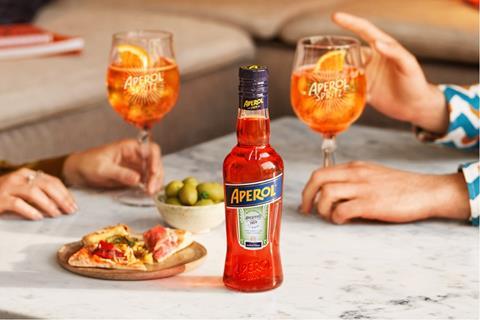
Italian spirits group Campari saw sales decline by more than expected in the first quarter of 2025.
Revenues at the Aperol suppler declined by 4.2% to €665.6m (£786.5m) in the three months ended 31 March. Analysts had expected sales to come in at around €686m.
Meanwhile, adjusted operating profit fell by 17.2% organically in the same period.
It had been a “soft start to the year as expected” Campari said in prepared remarks on Thursday (8 May), blaming “heightened macroeconomic volatility”, “logistical delays” in the US and the timing of Easter.
Nevertheless, it maintained its previously provided guidance for the full year “while recognising that the visibility is low”.
In March, Campari said it expected to report mid-to-high single-digit organic growth in revenues for the full year, with operating margins remaining mainly flat.
“We are maintaining a prudent approach given the current uncertain operating environment, affected also by tariff threats,” CEO Simon Hunt said. “There was a soft start to the year impacted by heightened macroeconomic volatility in our smallest and lowest seasonality quarter, Easter timing in EMEA and logistic delays in the US market. At the same time, our outperformance in sell-out is continuing across most geographies, which demonstrates the strength of our brands.”
In America – accounting for 47% of group sales – Campari recorded a sales decline of 6%, with the US seeing an 11% decline “due to impact of high volatility in the operating environment and threat of tariffs leading to destocking… as well as logistic delays”.
EMEA, which accounts for 46% of group sales – posted a 4% decline. The UK, however, was a bright spot, recording a 10% uplift in sales (excluding the techincal impact of bulk whiskey sale) “driven by aperitifs, mainly Aperol”.
Having splurged $1.2bn to acquire Courvoisier in late 2023, Campari said it was now embarking on a programme of “cost containment” and “business streamlining”, focusing sales efforts on its priority brands.
In February, the group admitted it would need to take “tough decisions, such as organisational restructuring” to return to medium to long-term financial stability.
“We remain committed to deleverage and streamline the portfolio while not foreseeing acquisitions,” Hunt added on Thursday.




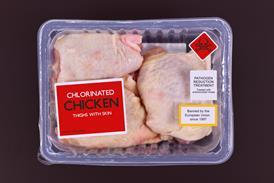
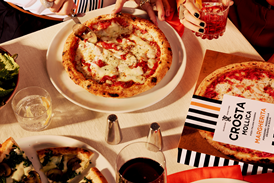

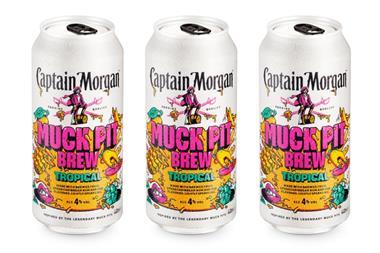


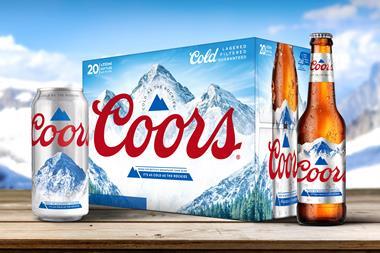
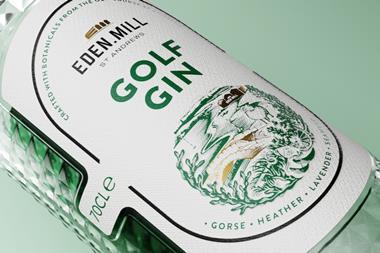
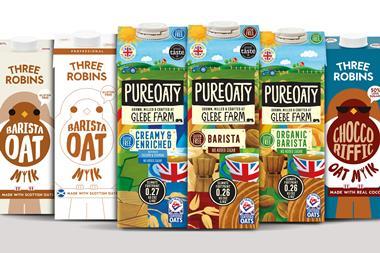
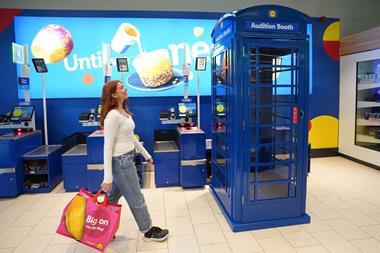




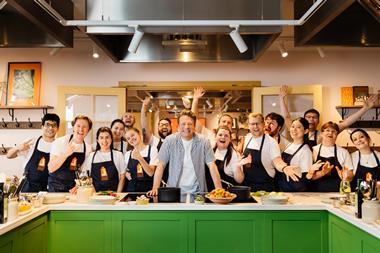
No comments yet